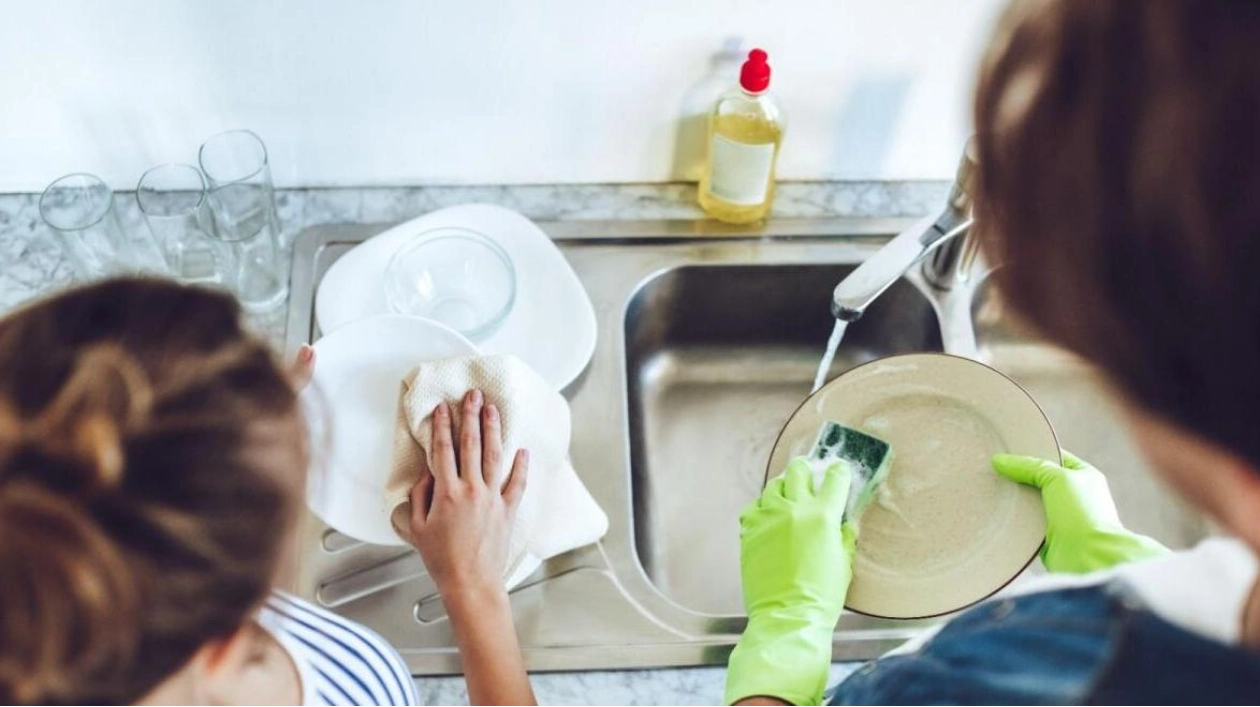Who's handling the household chores? There's an app for that — Swedish engineering students have created an app to make 'invisible work visible', helping families organize and track tasks that often disproportionately fall on women.
Early users include Marko, 40, and Neha Sarcevic, 37, a couple of business owners in the affluent Stockholm suburb of Taby with two young children, aged three and four. 'We thought, let's give it a try, maybe it can resolve many of our household issues,' Neha told AFP. Her husband agreed, noting that the app, which currently has around 2,000 users, 'sparked conversations at home, like, if things aren't done, who's accountable?'
Neha demonstrated the app's features on her mobile, showing tasks tailored to their family: hanging up the children's coats, emptying gym bags, washing dishes, and taking out the compost bin. The setup is straightforward: users input their chosen chores, and other family members can monitor progress and send reminders if tasks are overdue. Neha appreciated the reminder feature but admitted, 'I don't use it often,' drawing laughter from her husband.
The app's concept originated a year ago when engineering student Victor Fredrikson's father grew weary of nagging him to clean his room and do his laundry. 'So one day, he said, why don't you program an app so I don't have to keep reminding you?' recalled the 23-year-old CEO. 'I took that literally and discussed it with my classmate,' 23-year-old co-creator Marcus Pahlman, leading to the birth of Accord.
Fredrikson explained that the goal is to transform household chores into a rewarding experience. 'Accord is our solution to achieving family harmony and addressing daily family issues,' he said. The app, launched in early September, allows family members to express appreciation for completed tasks, helping to address the gender gap in domestic work.
'We want people to talk more about household chores and be more involved in family discussions, making invisible work visible,' said Floreteng. A UN Women study published in October 2023 revealed that women worldwide spend an average of 2.8 hours more on unpaid domestic work daily than men.
Neha and Marko also plan to involve their children in the app once they are old enough. 'Clean your room, earn points. Cook dinner together, earn points,' Marko explained, suggesting it could be the basis for their allowance. With an au pair assisting with childcare, Neha finds the app helps her keep track of home developments without constant questioning.
'It makes my 'mum brain' a bit more relaxed,' Neha said.
Source link: https://www.khaleejtimes.com






